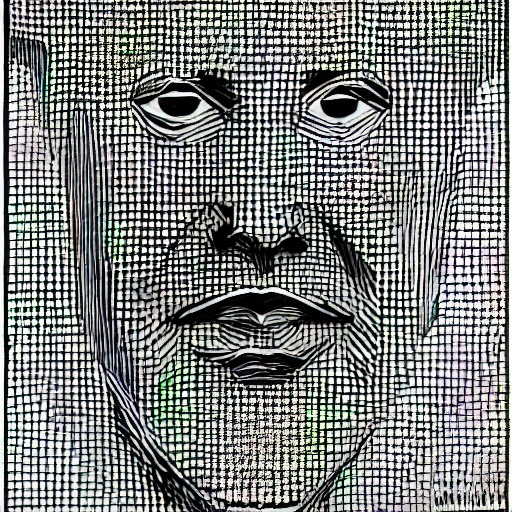“Dubble-you”
Not saying where I’m from.
Double V (pronounced double vé, so it’s double you in English).
www is “double vé double vé double vé” in France, but often said “vévévé” in Switzerland. I believe that’s coming from the German speaking part of the country and adapted to French language.
Same in Denmark. I think it’s only English that’s weirdly pronouncing it as “double you”, even though the letter “W” is clearly two V’s 😁
When handwritten in English it’s typically the curvier U shape.
Funny, opposite shortening in English - “double you double you double you” often becomes “dubdubdub”
I’m a silly lil guy so I pronounce it “Wubble Wu” for fun.
I’m American, fwiw. Formally I say “double you,” informally I say “dub.”
🦅🦅🦅🦅🦅🦅🦅🦅🦅🦅🦅🦅🦅🦅🦅
I am fancy, so I say double ewe.
🐑🐑
“I love sheep” ~ Richie Cunningham
Double yew.
Reilly: Dary, do you know how many dudes are jerking off to your girlfriend right now? Yew! Jonesy: Wait, I actually know the answer. Yew. Sixteen point one thousand. Yew!
deleted by creator
George Dubya
Double you
In portuguese, we say “dáblio” (dah-bli-u)
“Dibby dubs”
When talking about the letter of the alphabet, I say “double u”
When that letter occurs in a word, it’s pronounced with pursed lips and full throated vowel sound like in “water”
It probably depends on the accent, but we say “Double U”.
In Swedish the letter w is called “dubbel v”, apart from when spelling URLs, then we just say something like “ve, ve, ve, punkt, de, änn, punkt, äss, e” if we wanted to say the URL “www.dn.se”.
I’d probably have transcribed the letter pronunciation as ‘ve, ve, ve, punkt, de, en, punkt, ess e’.
Just goes to show you that ‘en’ doesn’t even follow the normal pronunciation rules of Swedish, unless we’re talking about the tree, in which case it does.
I thought about that but “en” is pronounced differently from “änn”, and we have the word “äss” from a deck of cards.
I had to double-check, because I’ve only ever used the spelling “Ess”. Turns out both variants are correct.
The “äss” phonetic spelling will really help the english speakers reading it not pronounce it as “ass”. Love it.
Hehe, I didn’t even consider that (:
In sweden we have lots of äss.
in english: double you in german: ve (german e, idk how to tell it to someone only knowing english)
German: sounds like “vay”
That’s something I’ve never understood about German or Russian. Both languages have letters that make the English w sound yet they have trouble with it? It’s not like the “th” sound which doesn’t exist in German so it makes no sense to me.
If you can pronounce the sound why can’t you pronounce it for w’s??
The German w sounds like the English v, while the German v sounds like the English (and German) f.
IPA of the German word “wir”: /viːɐ̯/
IPA of the English word “with”: /wɪθ/
I actually had to look it up, but in German the /w/ sound doesn’t really exist? In some dialects the “qu” string is pronounced as /kw/ [according to Wikipedia] but in most it’s pronounced as /kv/ - at least that’s how I’d pronounce it and I’m mostly talking in Standard High German.
dubbuhlyou
I speak spanish so for me is “doble u”
















